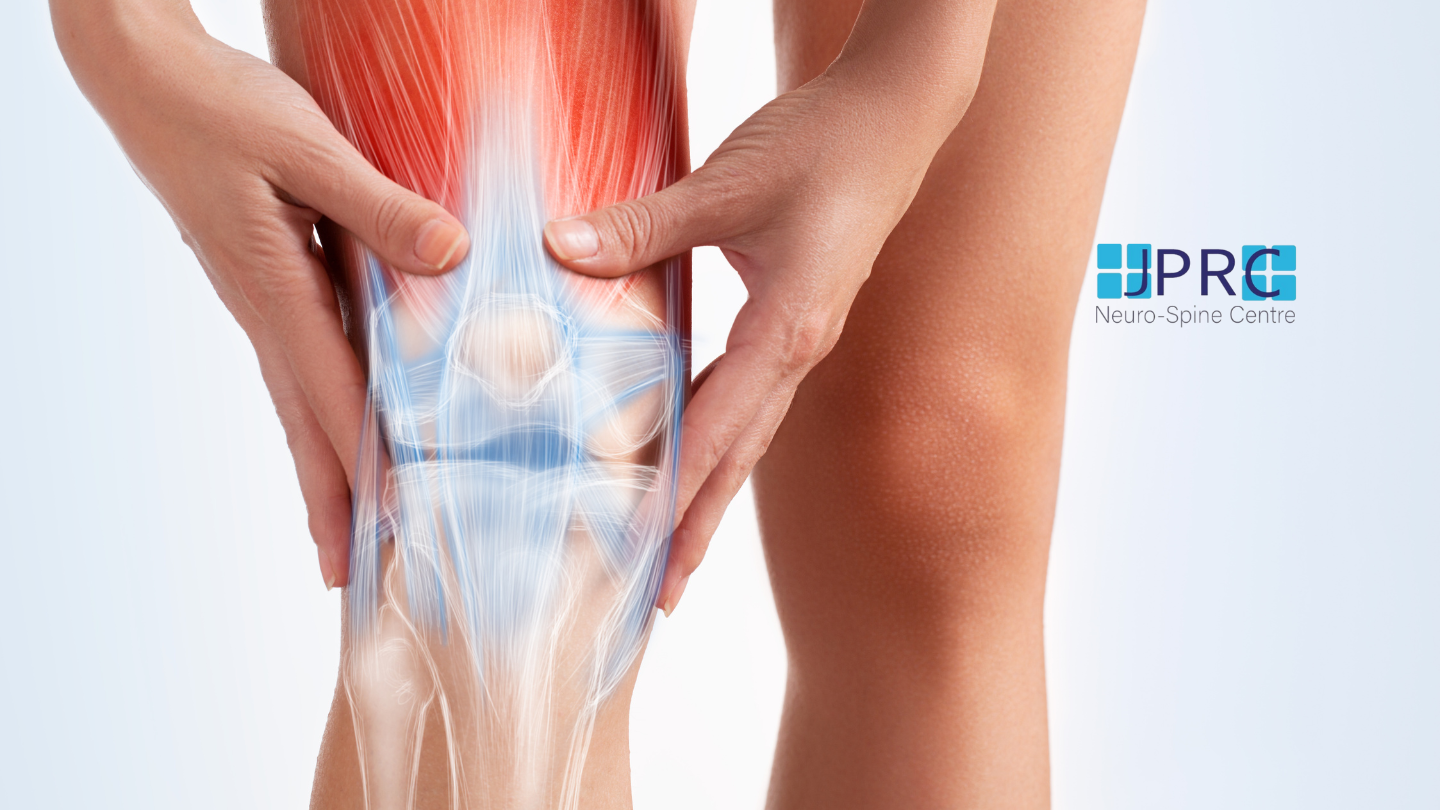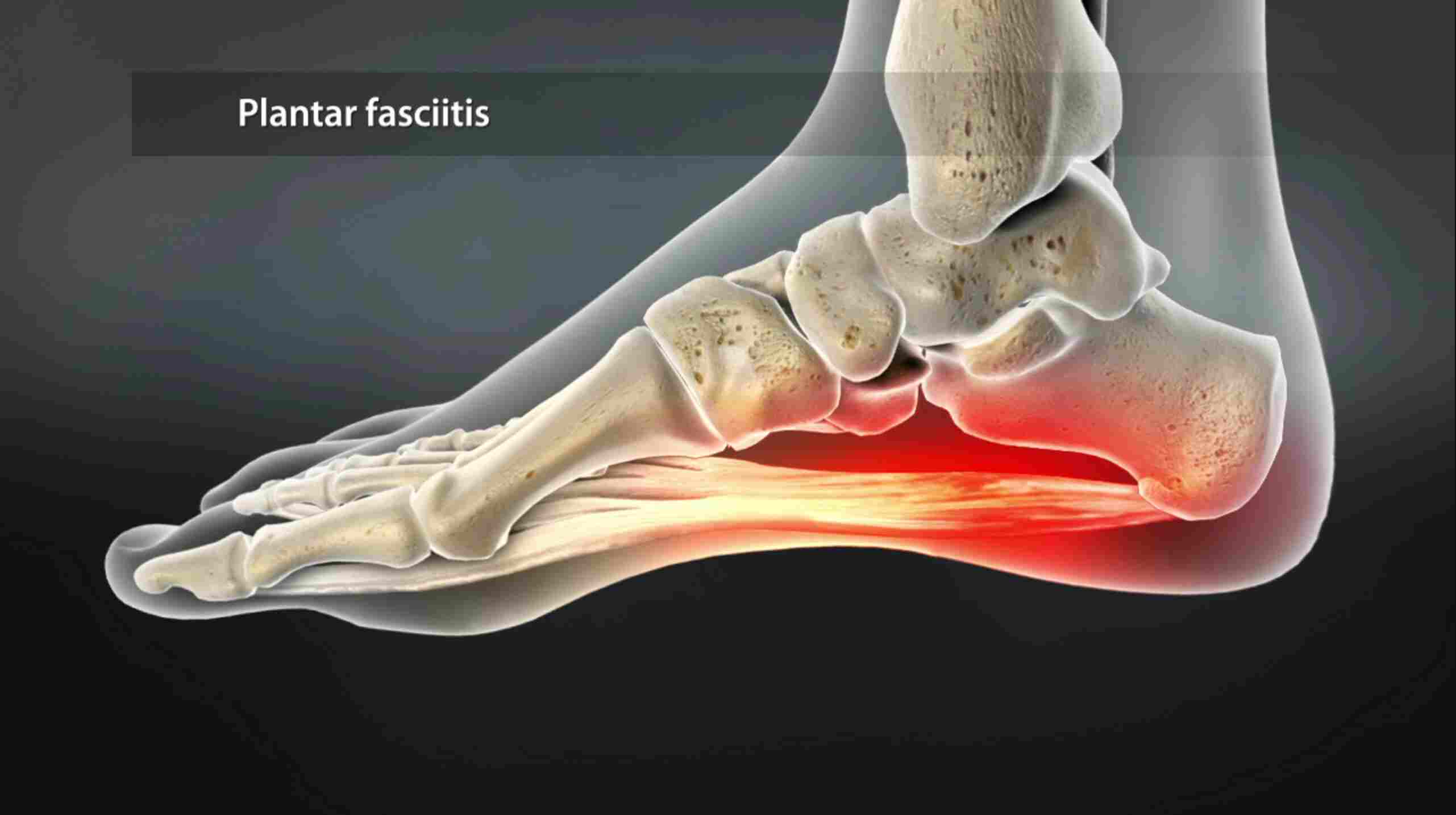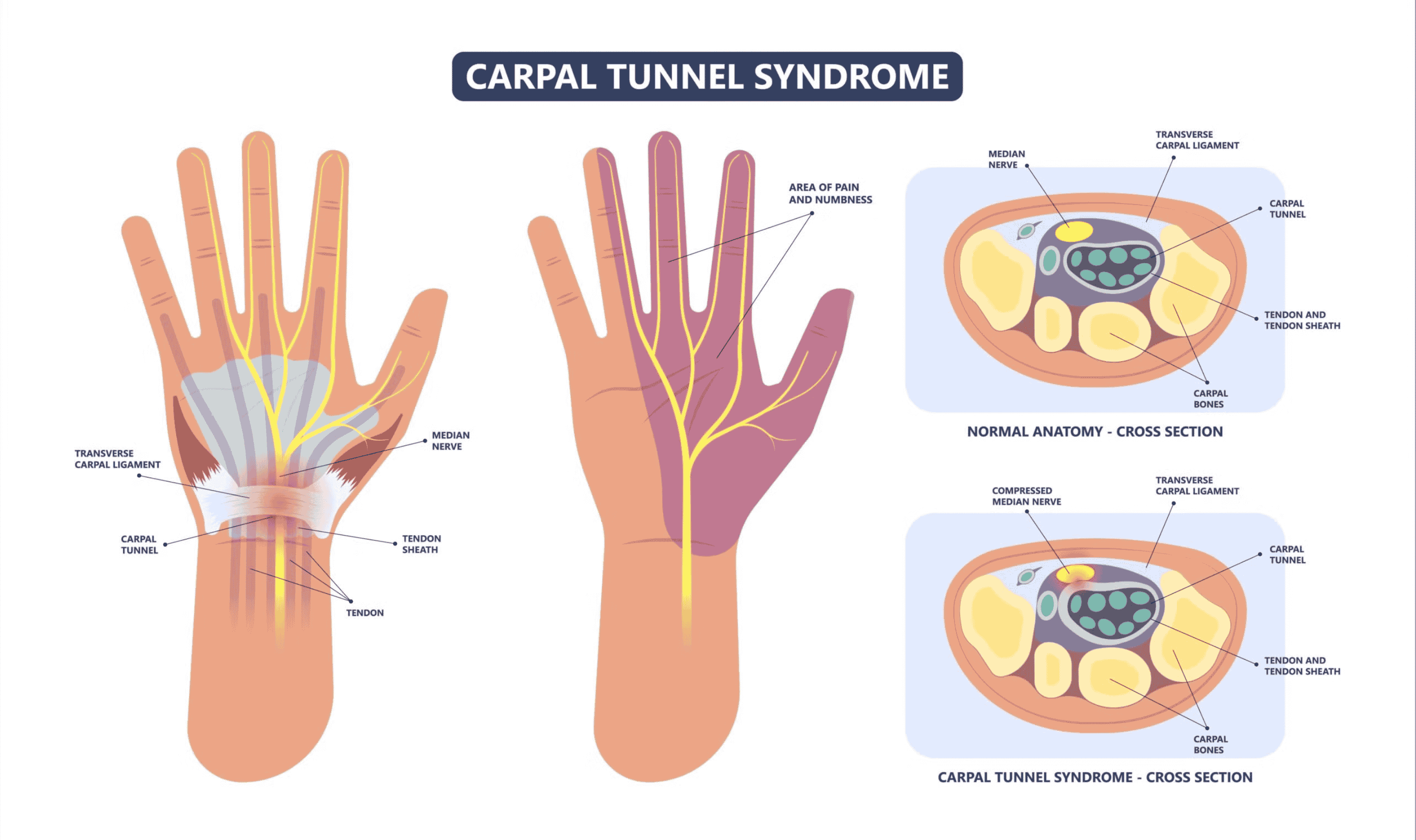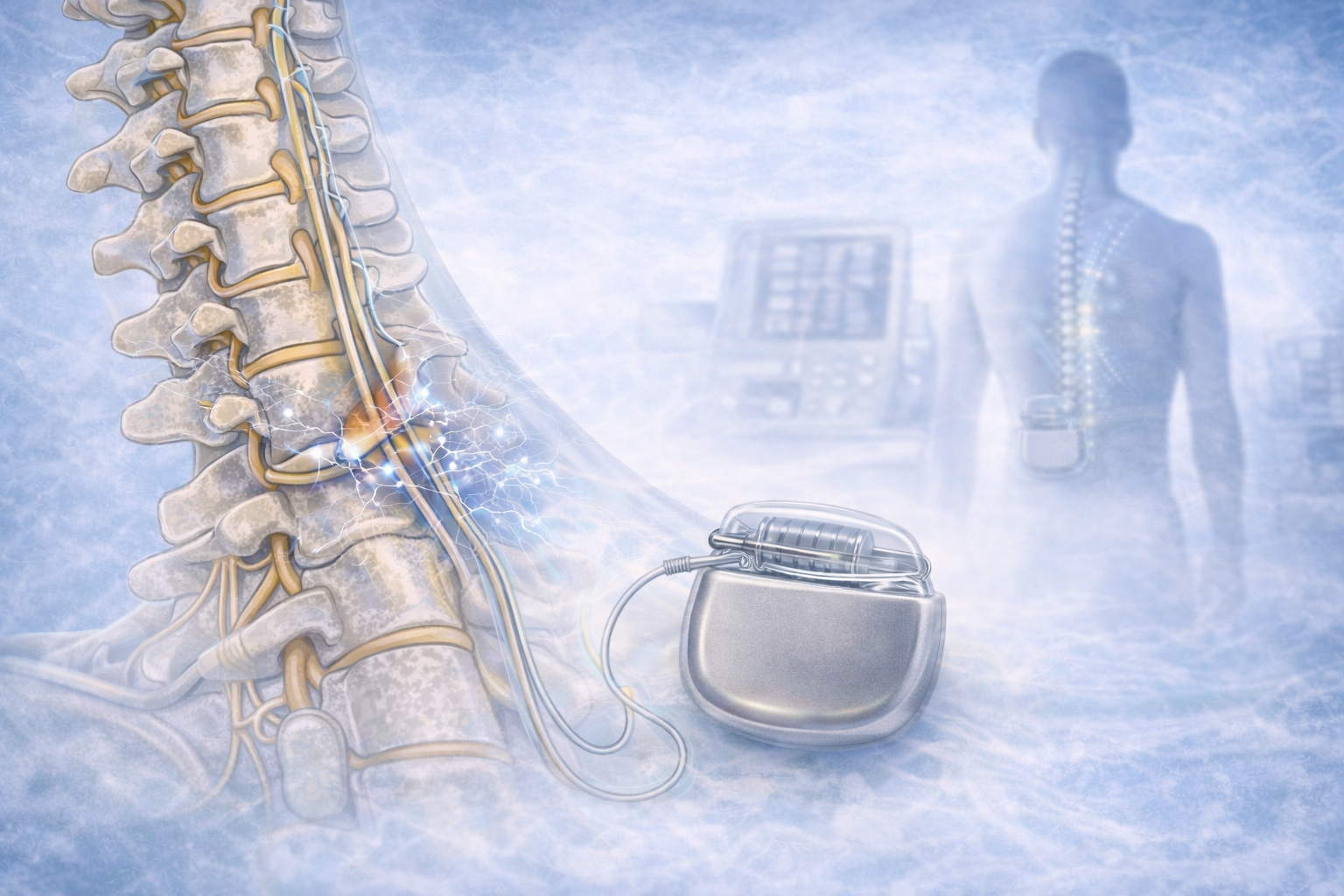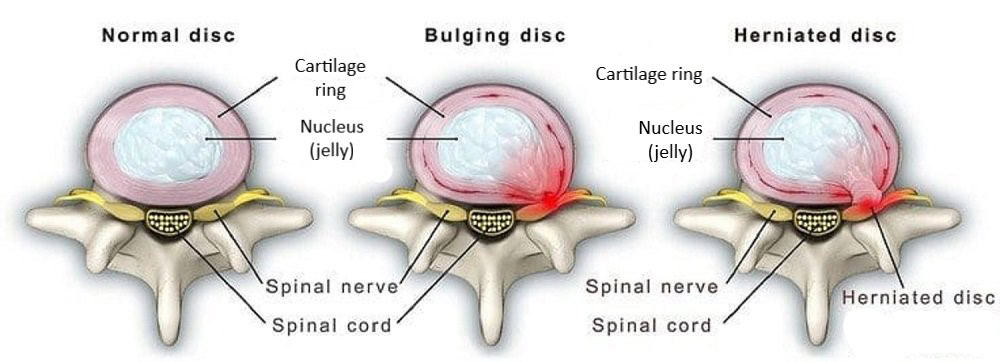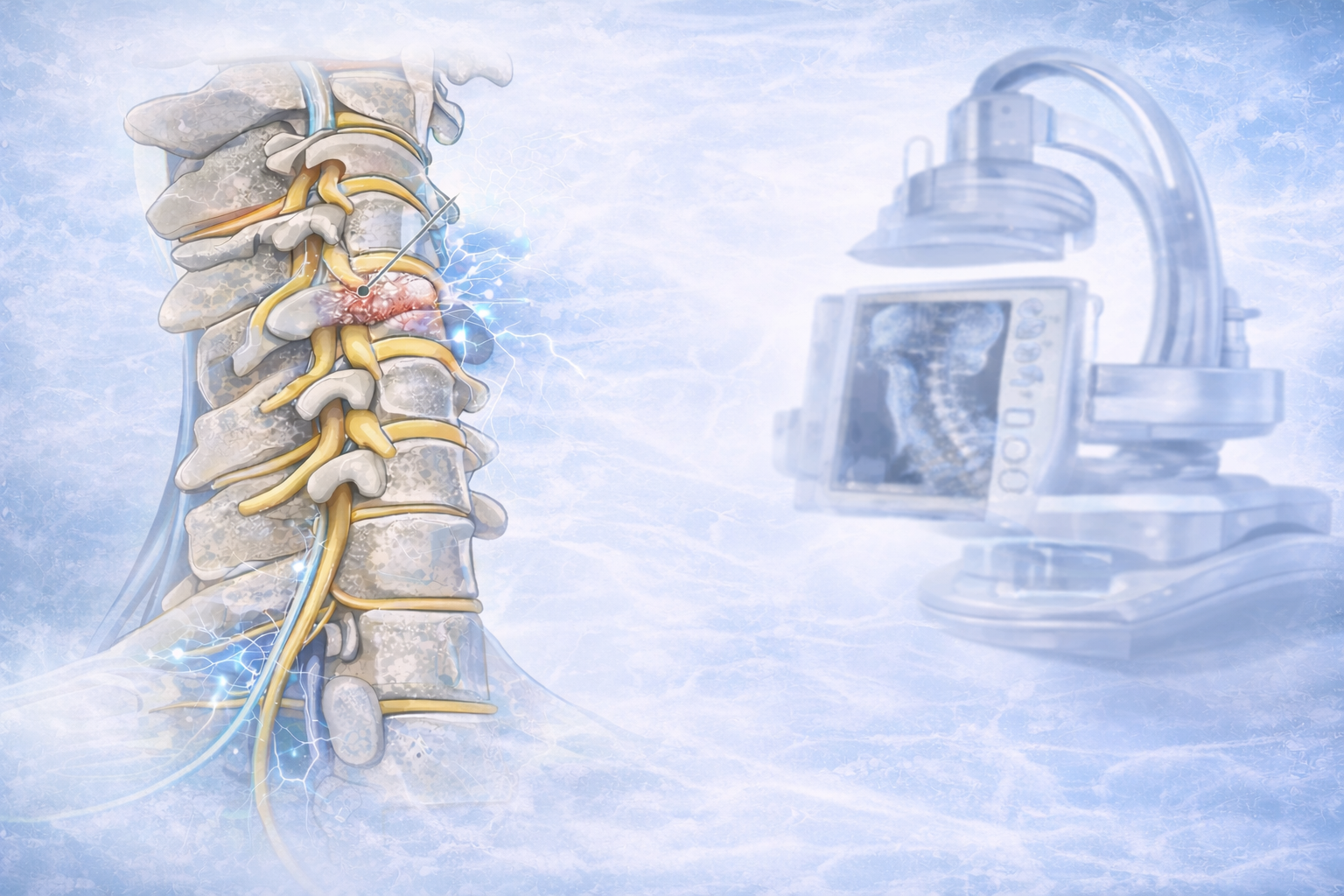Role of Doctors in Non-Surgical Treatment of Spine Disorders
Backbone issues generally create significant inconvenience in daily life. For certain cases, surgical intervention appears to be the only solution, although numerous backbone issues can be tackled with drugs, exercises, and other non-invasive treatments. No matter the severity of the issue, seeking medical advice is vital in exploring the various treatment alternatives, as the professionals offer customized care and direction based on the unique condition.
We will learn how doctors play a vital role in treating sciatica and spine disorders without
performing surgeries.
Understanding Non-Surgical Treatments for Spine Disorders
The non-surgical treatments aim to reduce pain and stop the spine from deteriorating further. Numerous techniques, including medicine, physical therapy, injections, lifestyle changes, and more, may be used in these therapies. Speaking with a doctor is imperative to find the right mix of therapy for your specific requirements.
How Doctor Consultation Facilitates Non-Surgical Treatment?
Accurate Diagnosis: It is important to note that a correct diagnosis starts by visiting the doctor who will carefully look at your symptoms, medical history, and imaging findings. By identifying the cause of the spinal ailment, non-surgical methods can treat specific cases. Personalized Treatment Plan: Every patient is unique, and what works for one individual may not be suitable for another. A doctor considers several factors including the gravity of symptoms, the patient’s overall health, and their lifestyle for developing a custom treatment plan.
Proper Medications: To assist with inflammation and pain control related to spinal disorders, doctors may give medicines such as muscle relaxants, nonsteroidal anti-inflammatory drugs (NSAIDs), or nerve pain relievers.
Therapy: Physical therapy is crucial as it strengthens spinal muscles, boosts flexibility, and rectifies one’s posture. Regular monitoring of therapy progress by a doctor will ensure that you are safe during this time. Lifestyle Modifications: Spine disorders may be managed through certain lifestyle modifications like healthy body weight, quitting smoking and drinking, and practicing good posture. A doctor can promote the adoption of healthy lifestyles that lead to overall well-being in spinal health. Regular Monitoring: Non-surgical treatment to heal spine disorders requires regular monitoring and amendments to the treatment plan. Regular follow-up with a doctor allows for analyzing progress, modifying therapies as needed, and addressing any new concerns or symptoms.
Patient Education: Doctors should treat and educate patients alike thereby enabling them to actively participate in their healthcare. Doctors can also enlighten patients about their condition, teach self- care techniques, or give directions on the prevention of future slipped disc conditions.
Final Say
Talking to a doctor is substantial in accessing non-surgical treatments for spine disorders. With accurate diagnosis, personalized treatment plans, medication, therapy, lifestyle modifications, and ongoing support, doctors help patients effectively manage spine-related pain and improve their quality of life without undergoing surgery. If you've symptoms related to spine disorders, seek medical guidance, and opt for non-surgical treatment options designed according to your needs.

5.jpg)








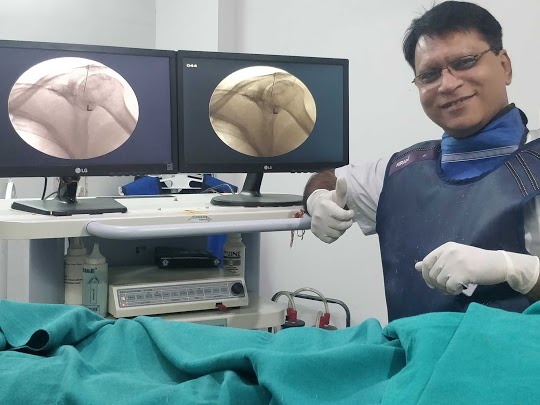



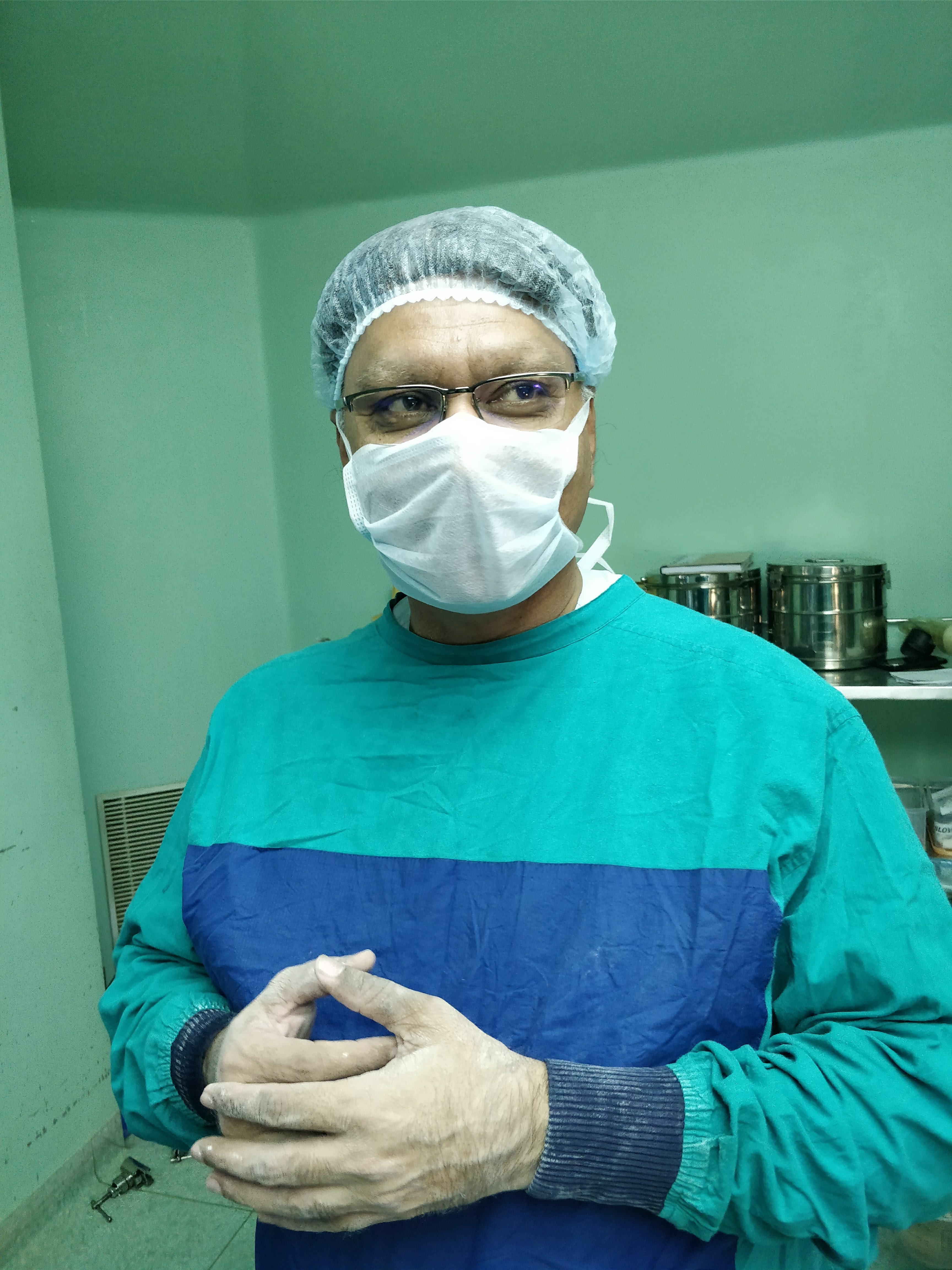
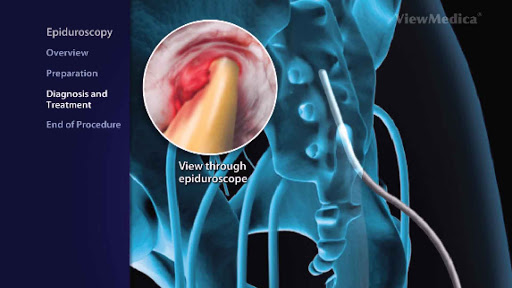

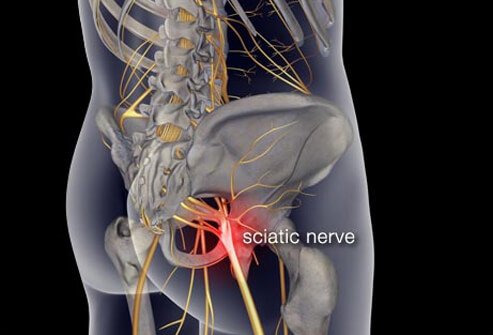

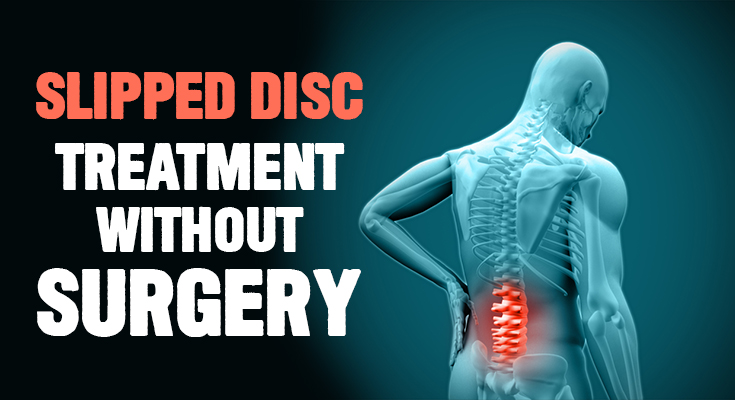




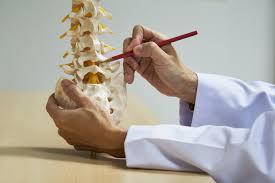
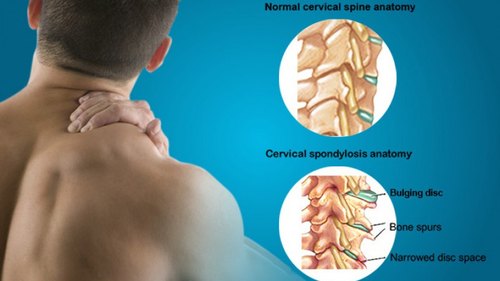
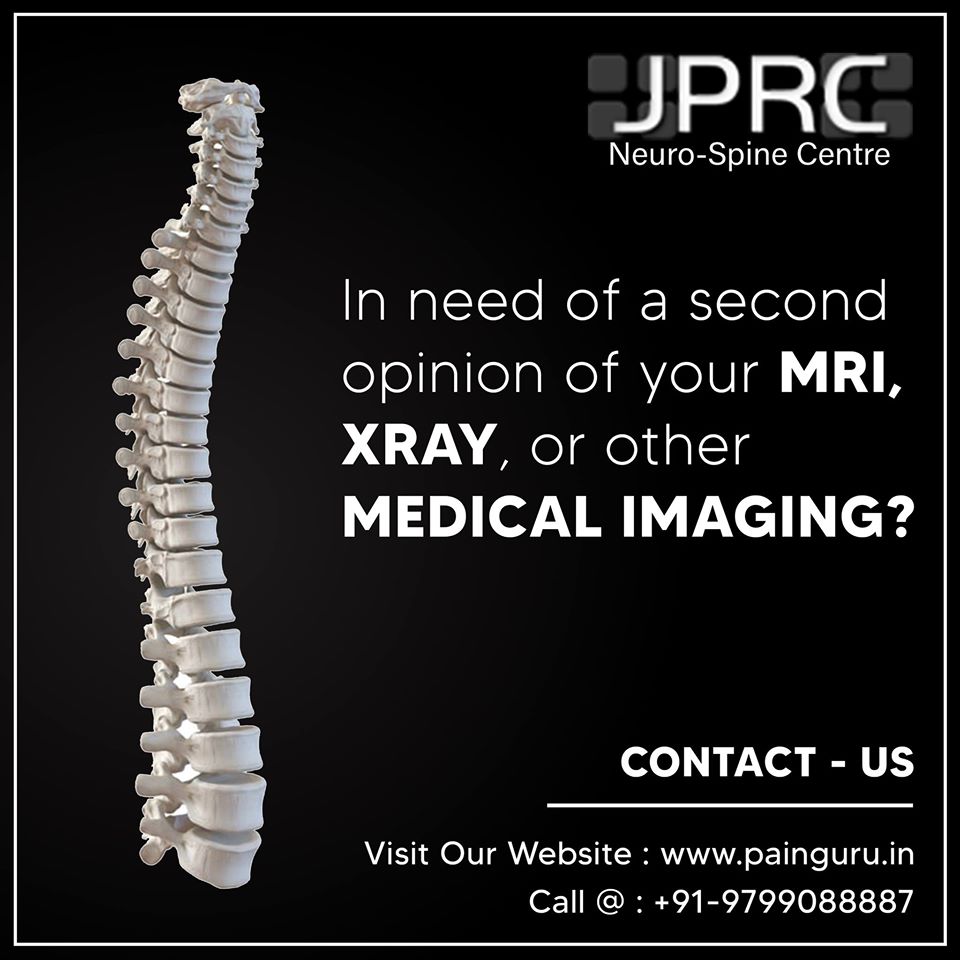






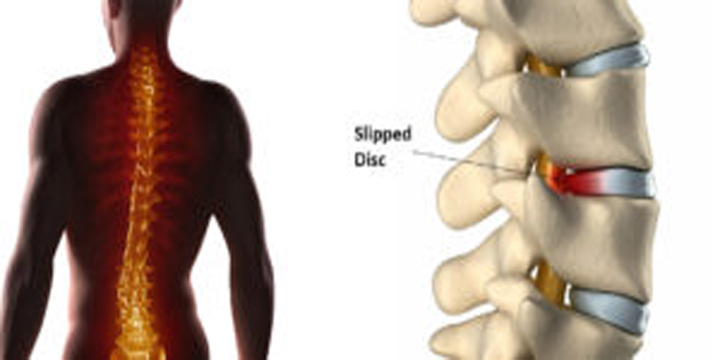
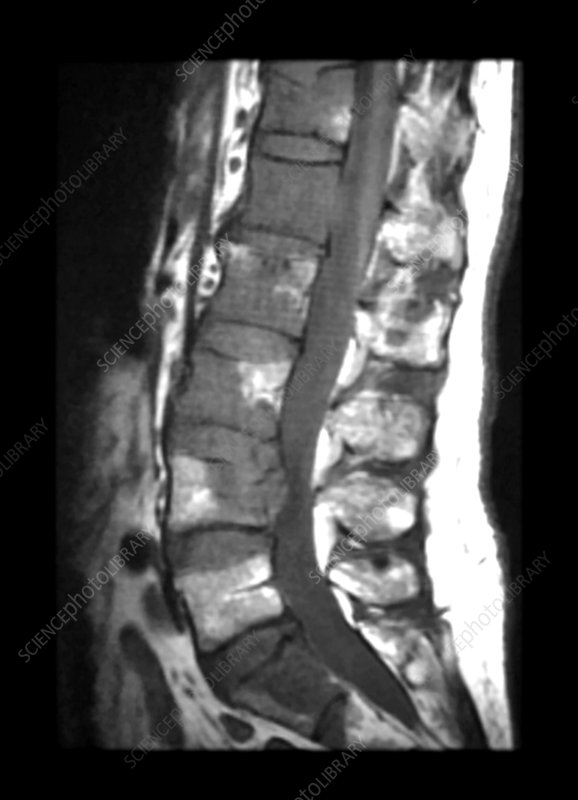




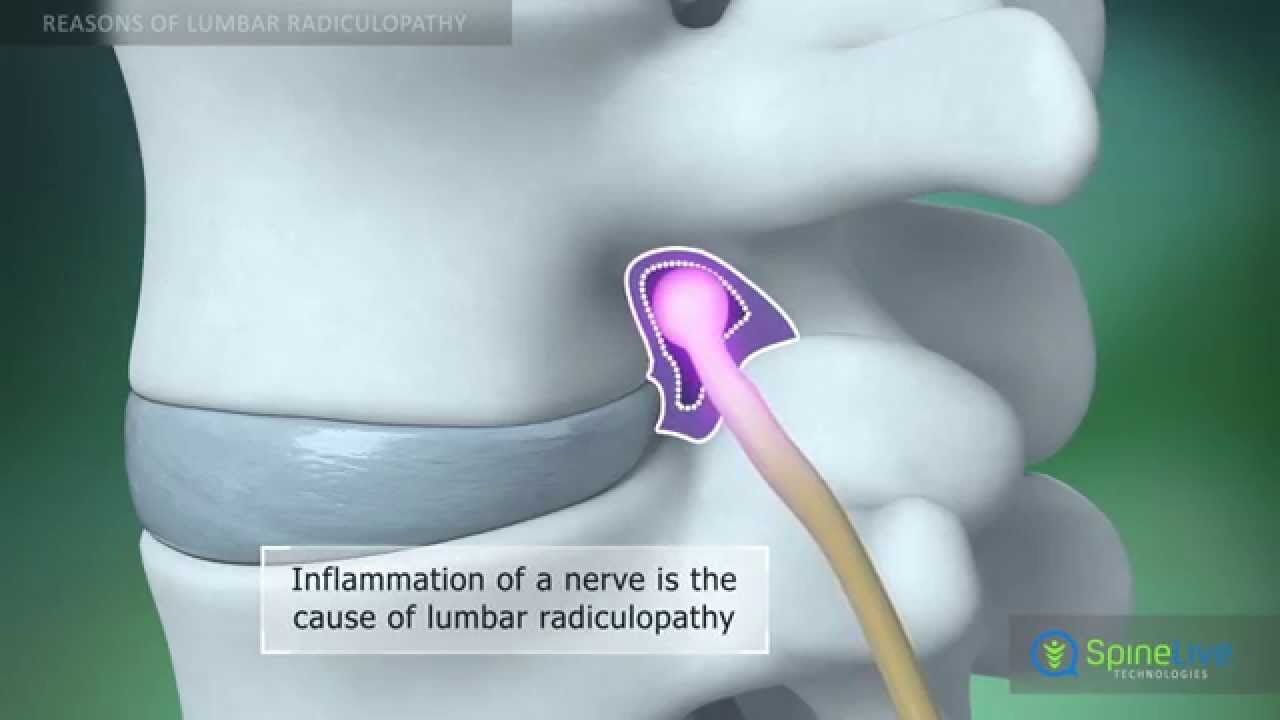
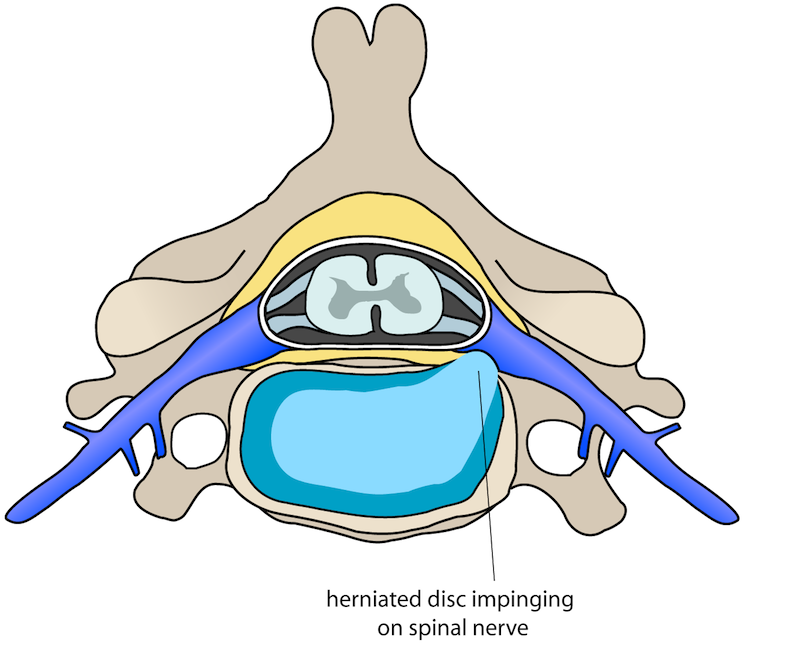
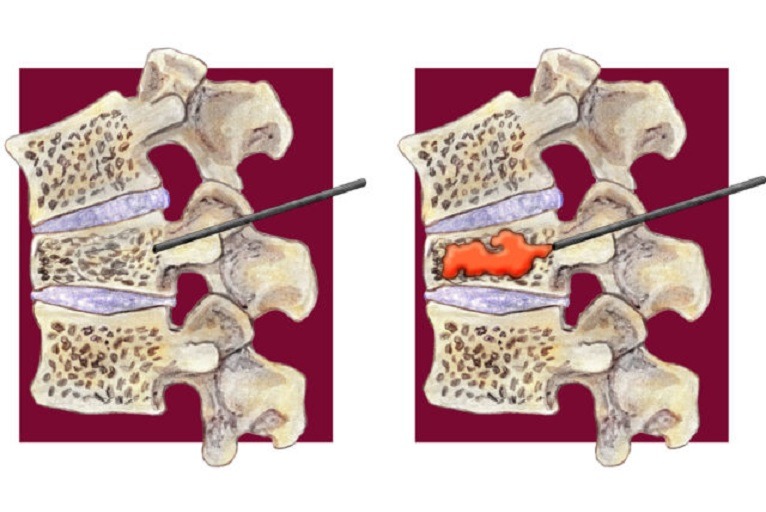












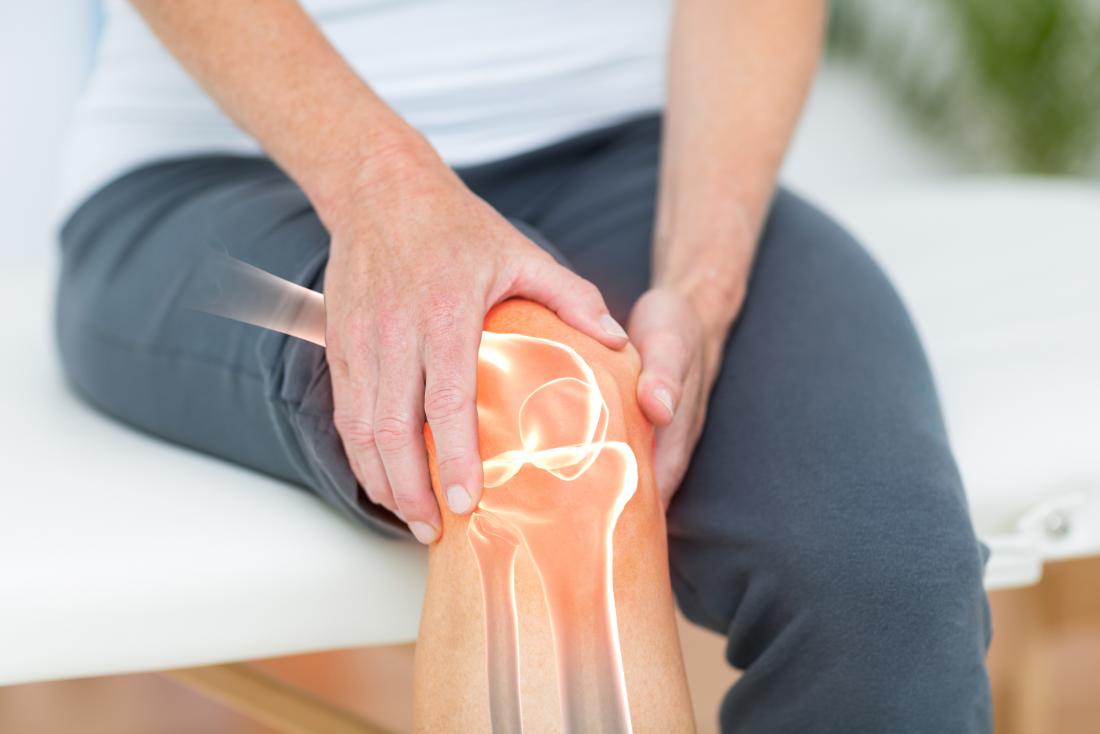
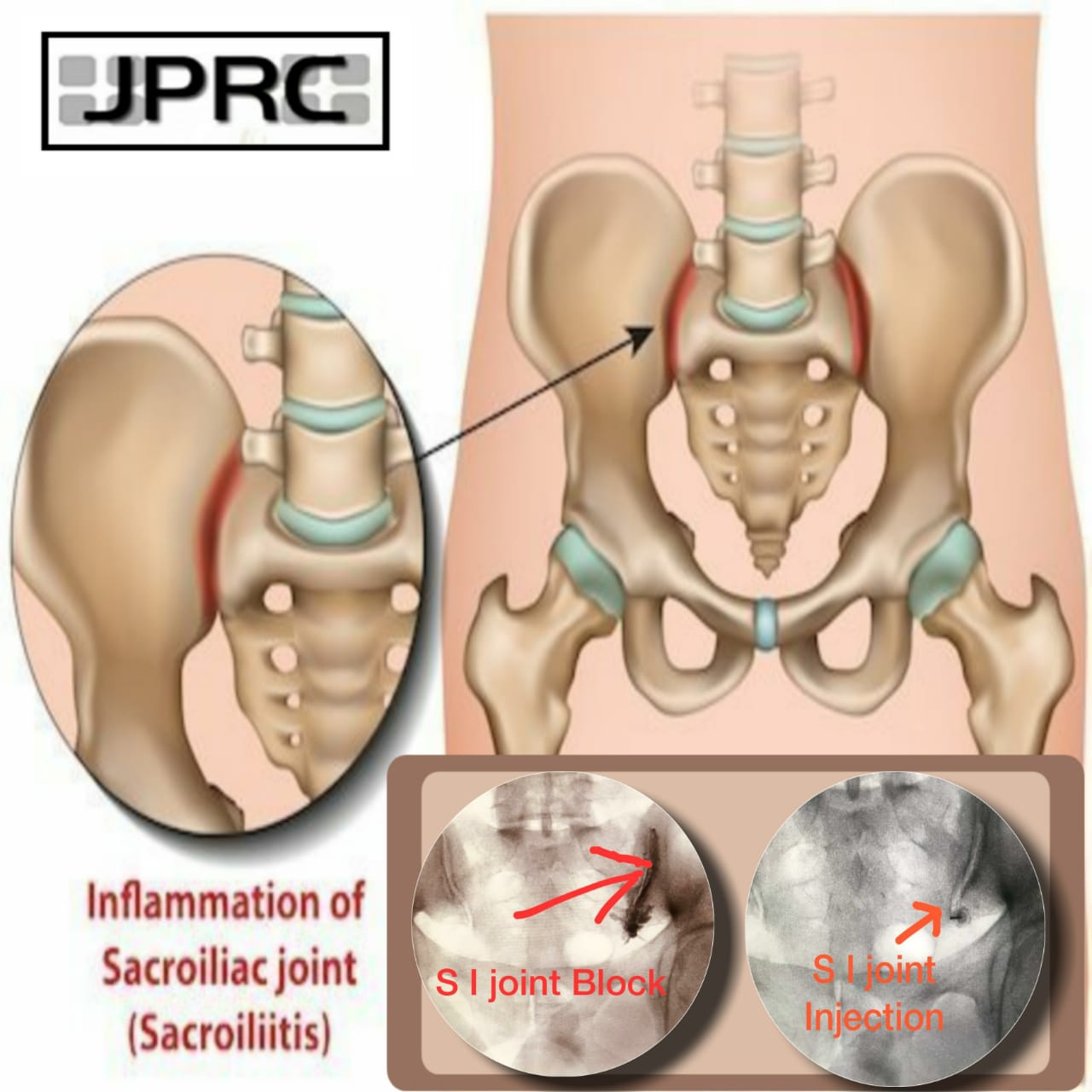





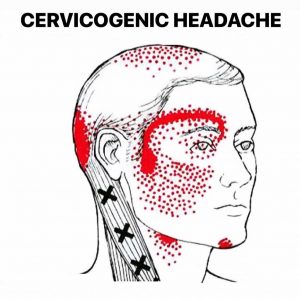




.jpg)








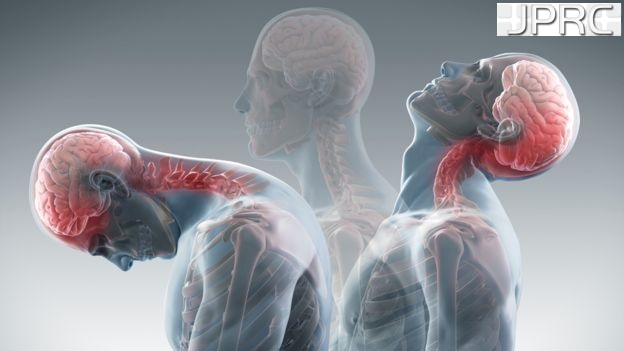


_Injection_Description_in_Hindi.jpg)
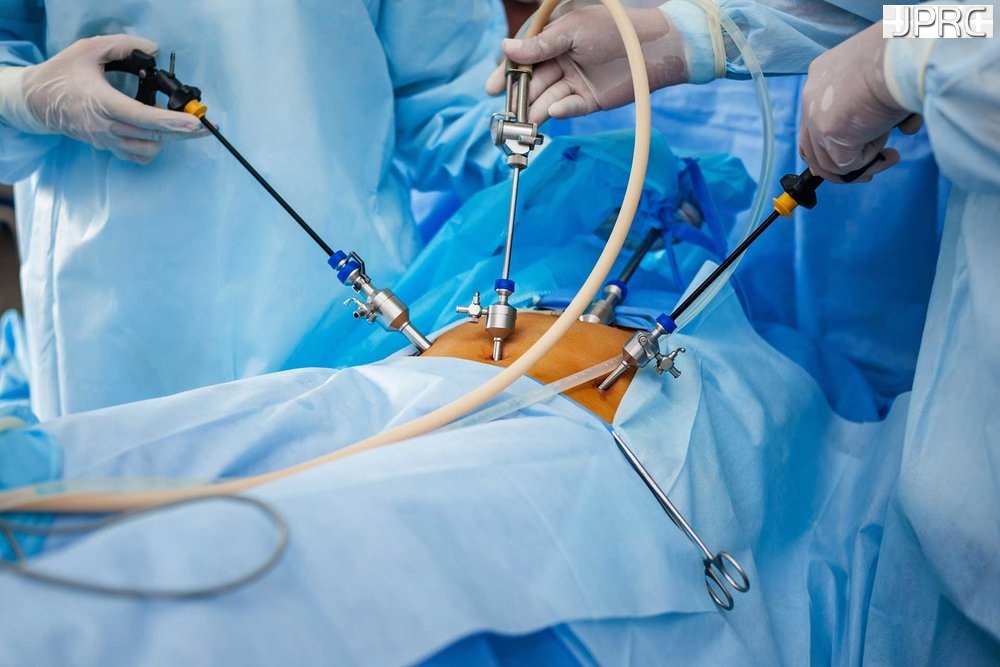

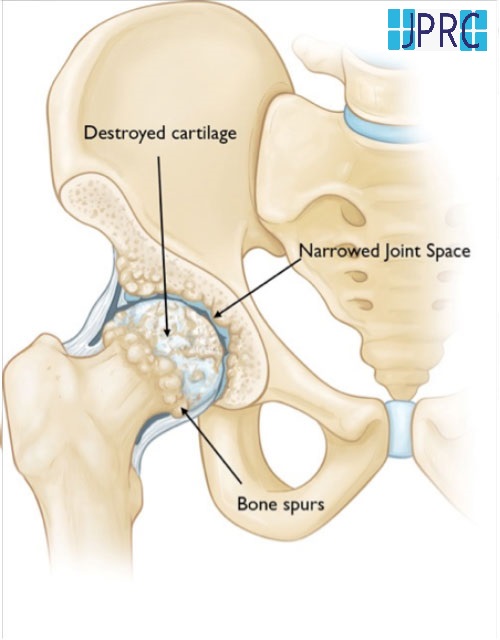



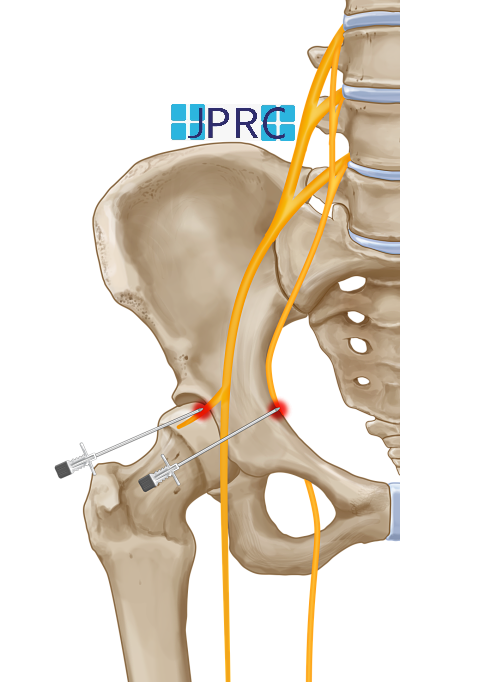


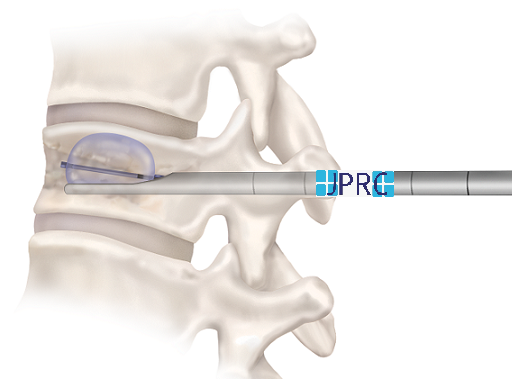





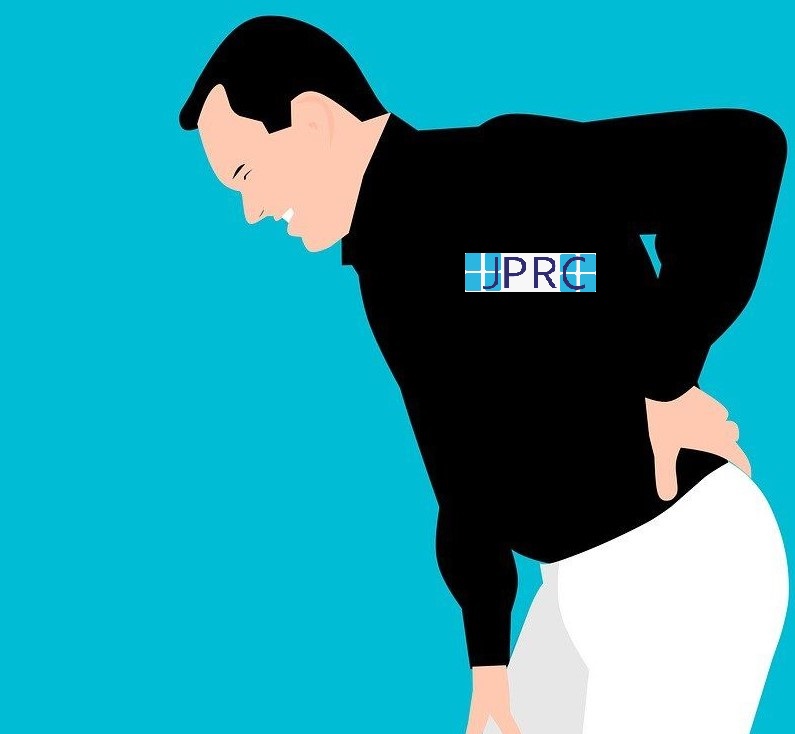
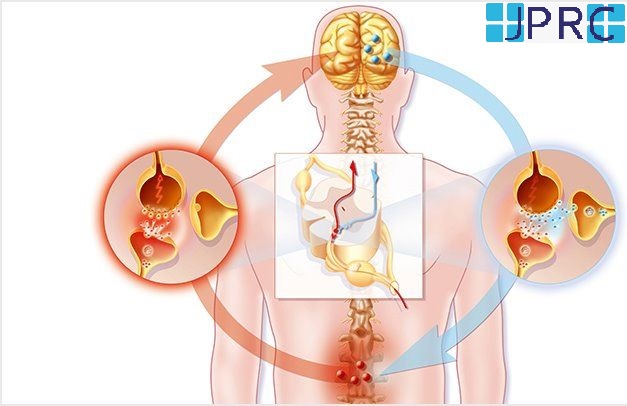


.jpg)
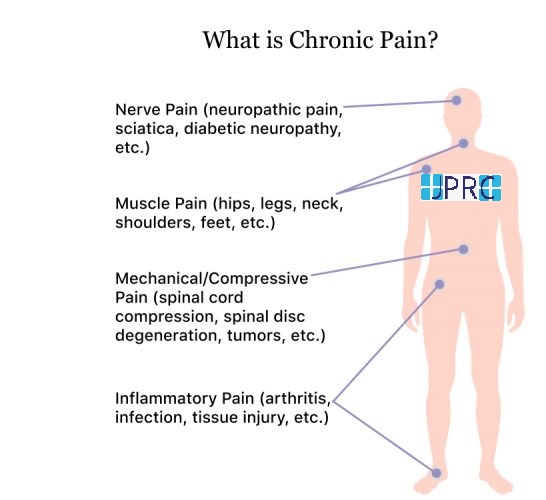







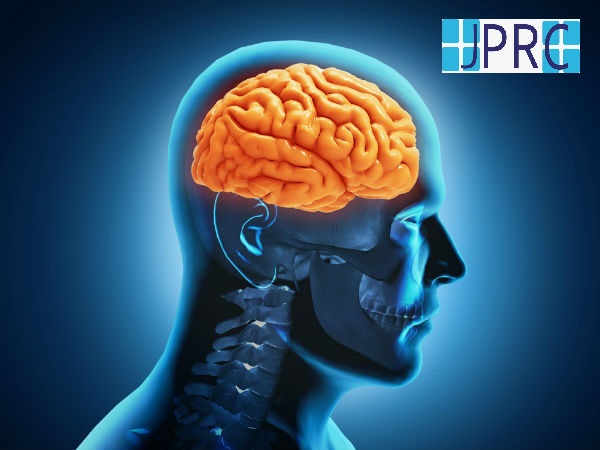

.jpg)




.jpg)
.jpg)
.jpg)



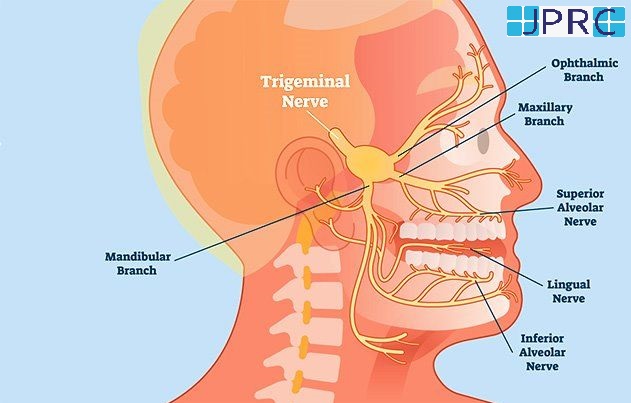



.jpg)
.jpg)
.jpg)
.jpg)
.jpg)
.jpg)
.jpg)
.jpg)
.jpg)
.jpg)
.jpg)
.jpg)
.jpg)
.jpg)
.jpg)
.jpg)
.jpg)
.jpg)
.jpg)
.jpg)
.jpg)
.jpg)








1.jpg)
1.jpg)
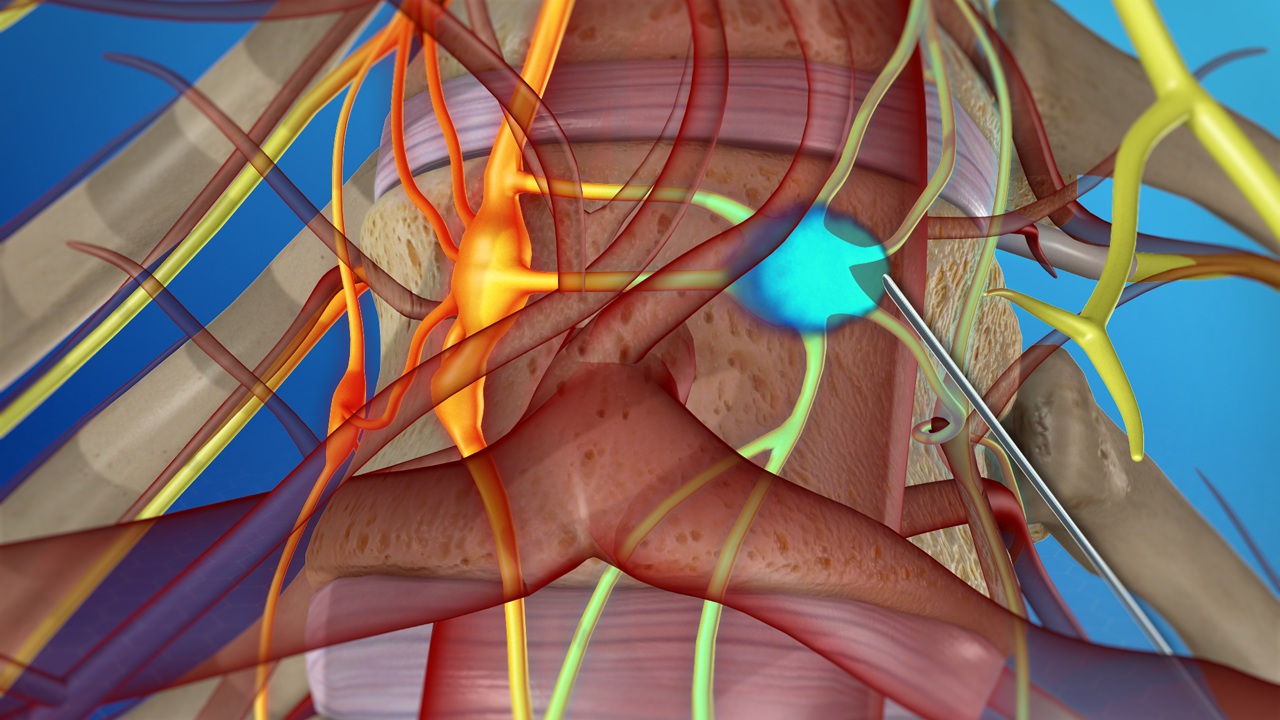
1.jpg)
1.jpg)
1.jpg)
1.jpg)
1.jpg)









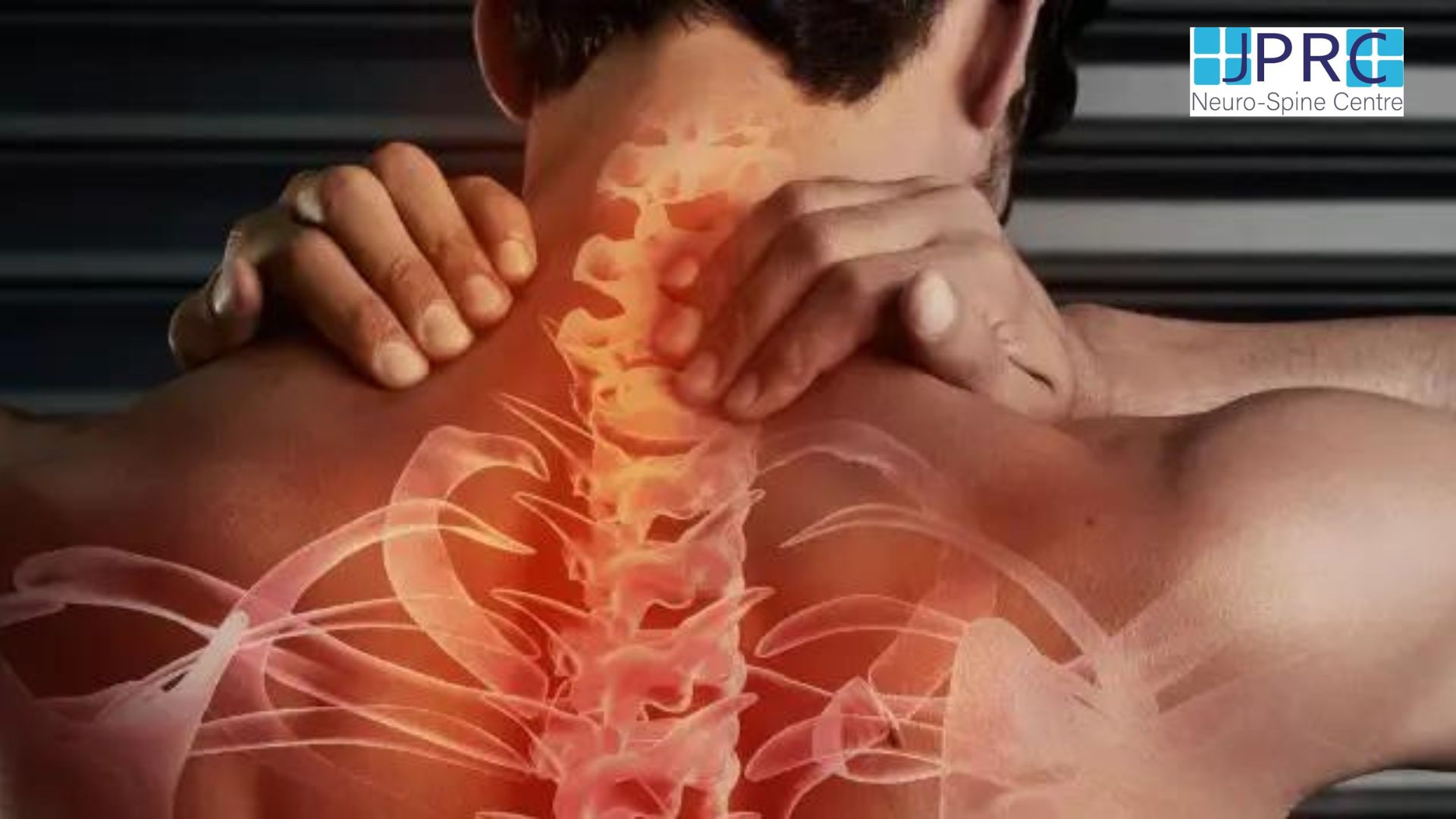
2.jpg)
3.jpg)

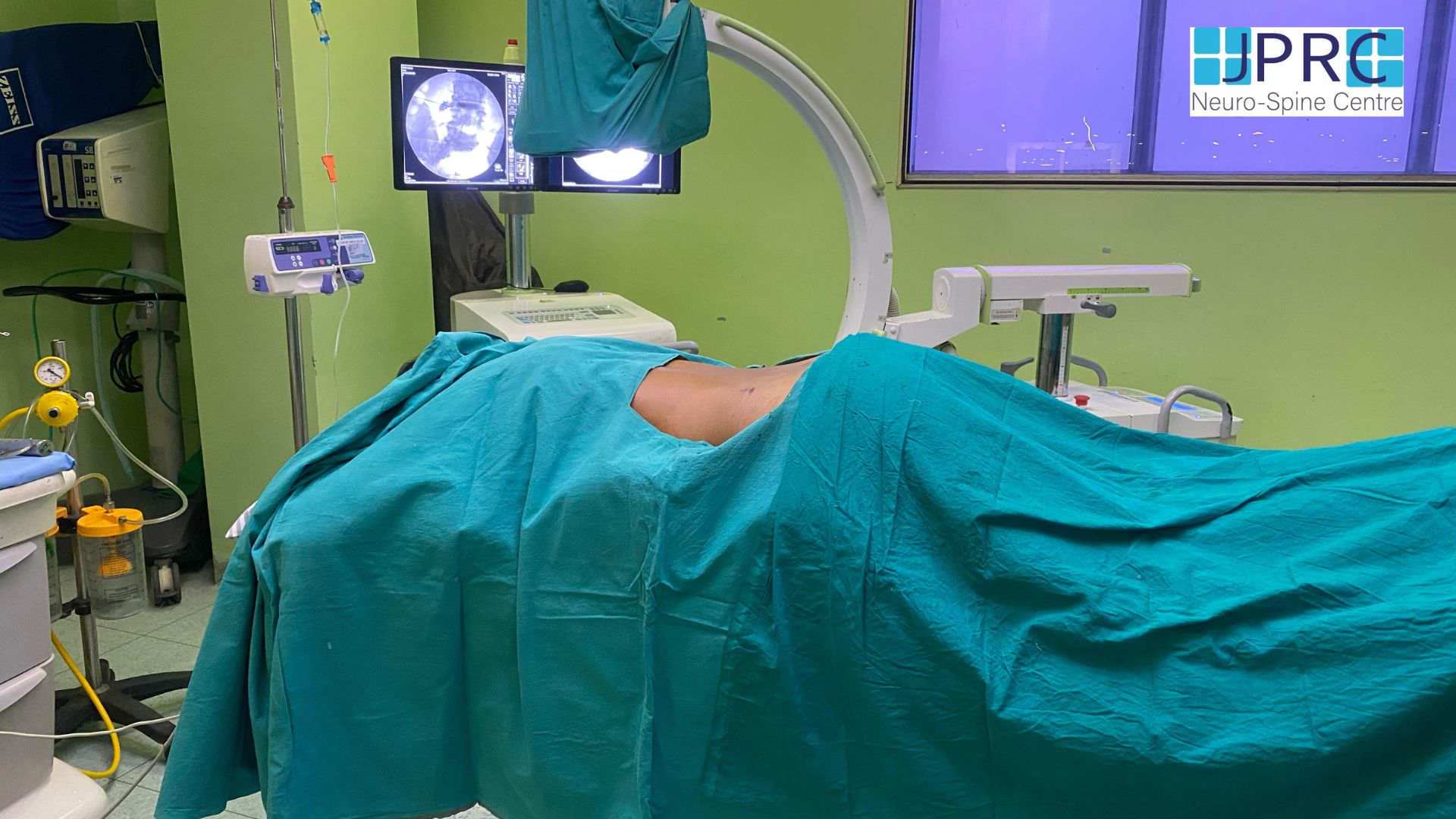

4.jpg)
1.jpg)
2.jpg)

5.jpg)
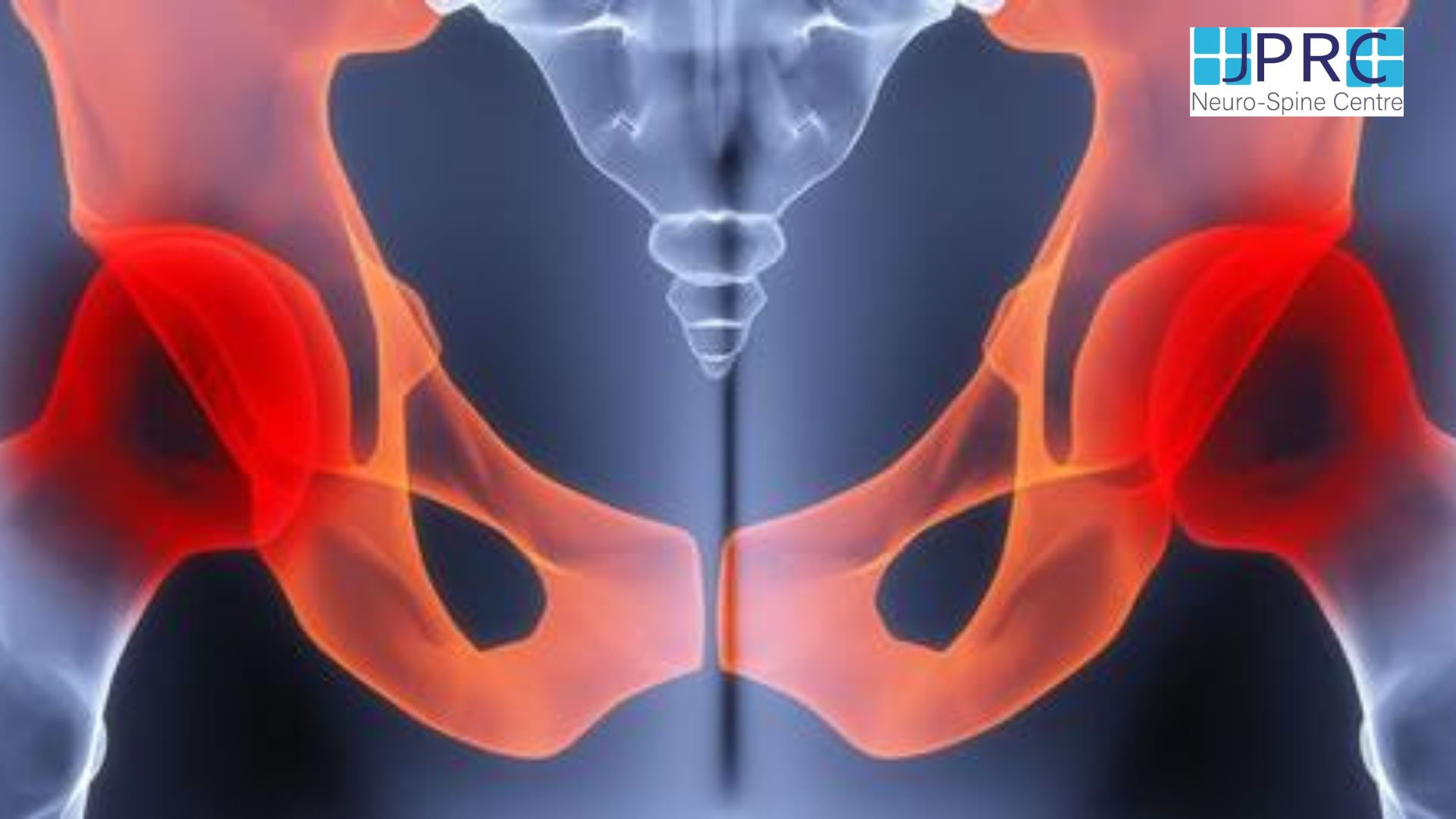
6.jpg)
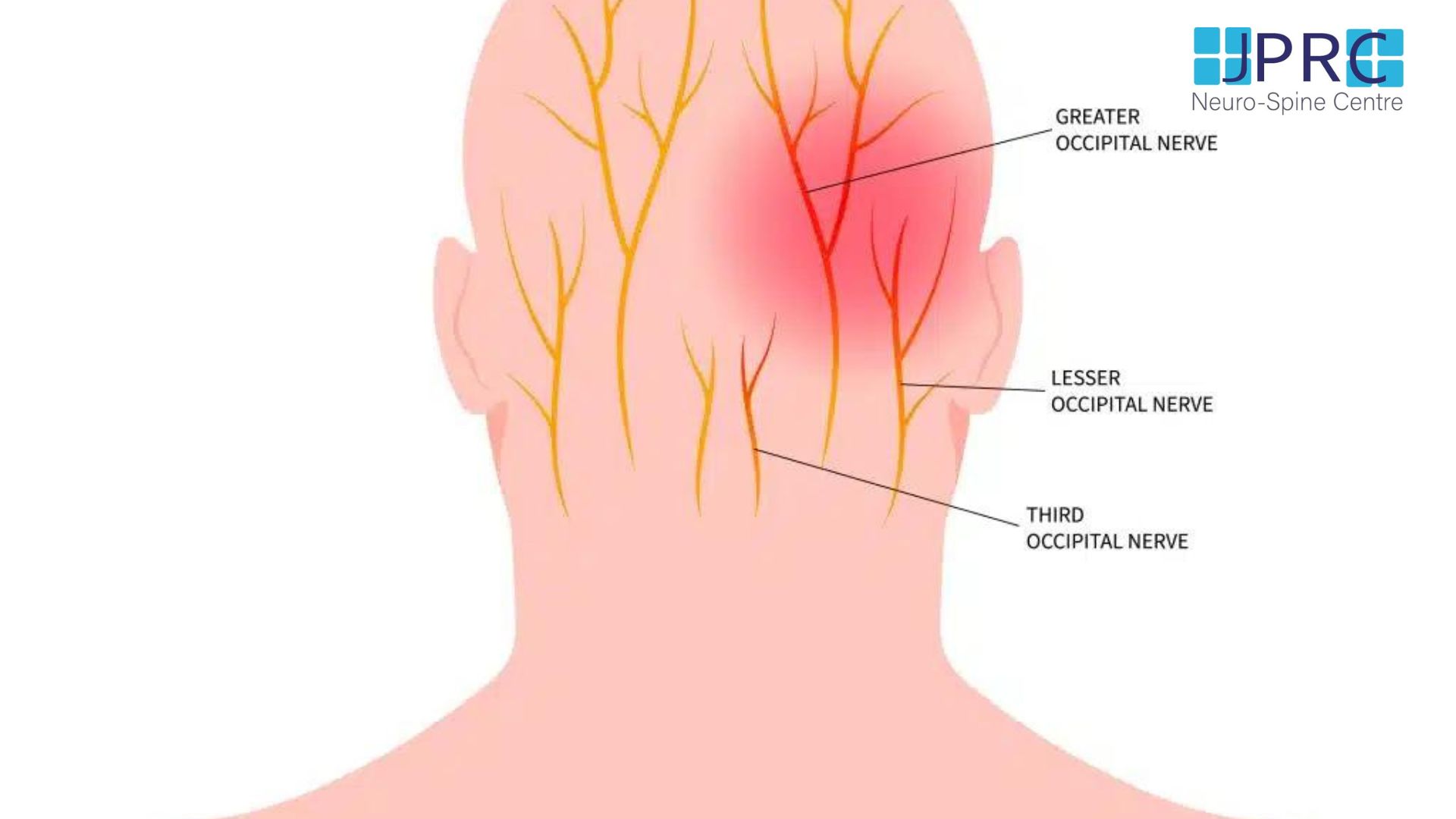
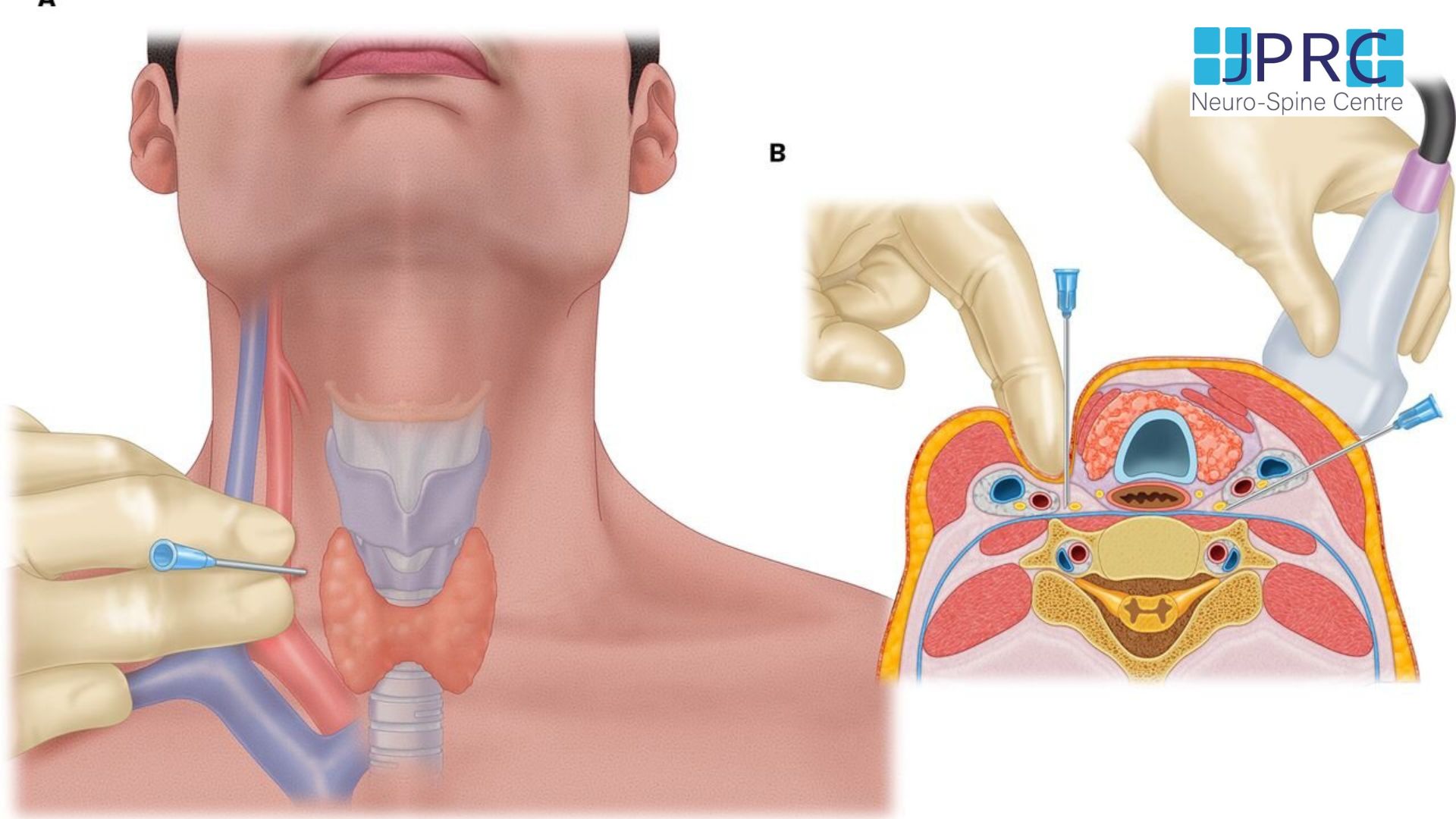


7.jpg)
2.jpg)

8.jpg)

9.jpg)
3.jpg)

10.jpg)

11.jpg)


12.jpg)
4.jpg)


























